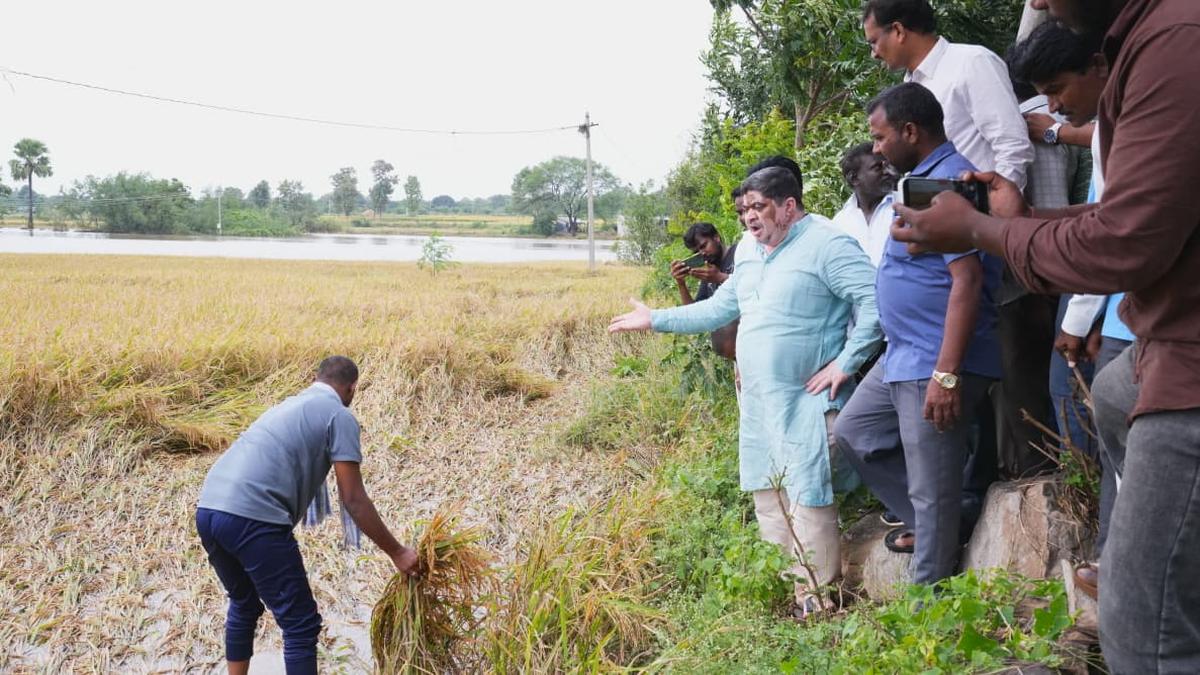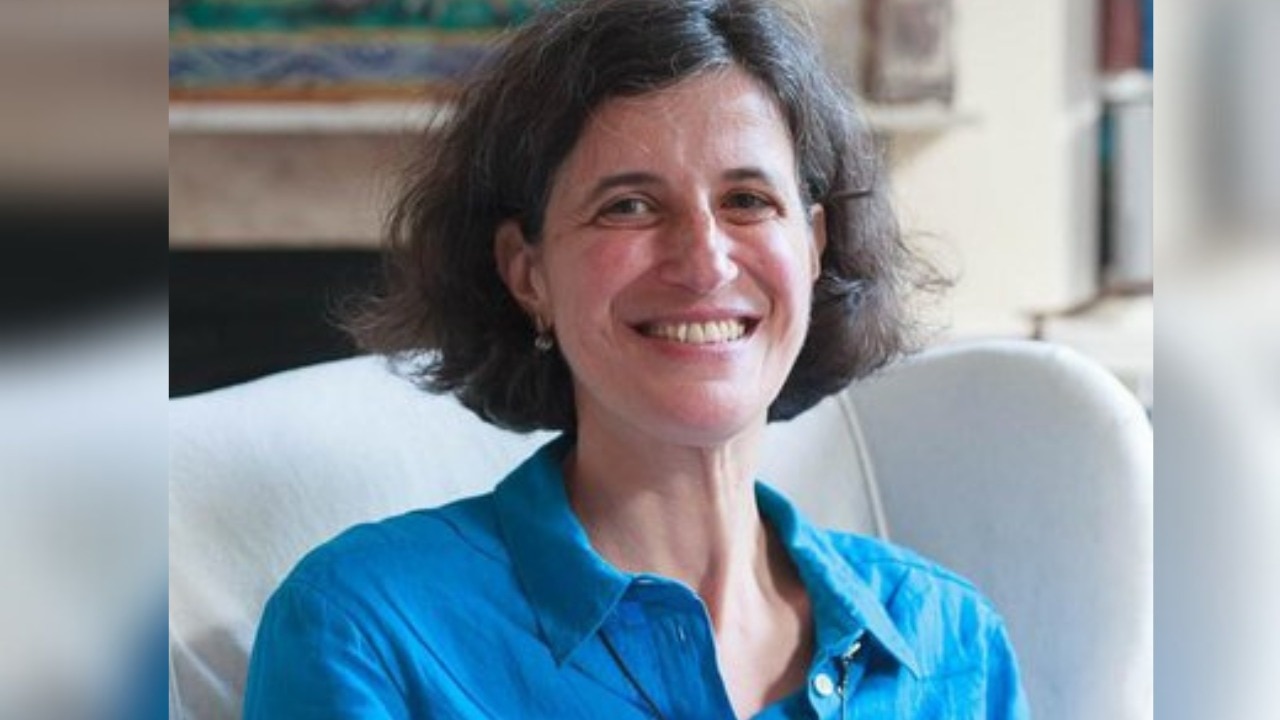ARTICLE AD BOX
The Indian Council of Agricultural Research (ICAR) has rejected the allegations made by the Coalition for a GM-Free India, which called the test data of two genome-edited rice varieties “rigged and hyped”.
Demanding a moratorium on the releases of data until credible biosafety regulations and independent oversight mechanisms are in place, the civil society group accused ICAR of “manufacturing false claims of success”.
The ICAR dubbed the allegations as “baseless and motivated by an anti-development agenda that undermines the achievements of Indian scientists.”
“ICAR has already provided detailed, point-wise responses to every allegation made, along with repeated clarifications to various individuals and organizations, including the Coalition for a GM-Free India,” it said in a statement.
The two genome-edited rice varieties — Pusa DST-1 and DRR Dhan 100 (Kamala) —were released by Agriculture Minister Shivraj Singh Chouhan on May 4, this year.
The Coalition held a press conference today, in which it presented data extracted from the Annual Progress Reports (2023 and 2024) of ICAR’s All India Coordinated Research Project on Rice (AICRPR). “The findings expose the pattern of scientific manipulation, where ICAR’s conclusions directly contradict its own data,” the Coalition said in its statement.
“Doing bad science in agriculture, that too from the public sector, has a direct bearing on the lives and livelihoods of millions of farmers,” said Kavitha Kuruganti, activist and Coalition member.
Story continues below this ad
Discussing its findings about Pusa DST-1, the Coalition said, “According to ICAR’s own reports: no testing data for the claimed drought or salinity tolerance in 2023 due to “limited seed quantity. At-par or – 4.8% lower yield compared to the parent MTU-1010 in 2023 trials. In 12 of 20 sites, the genome-edited line underperformed. In 2024, no yield advantage in coastal or inland salinity trials; only a 1.6% marginal gain in alkaline soils. Yet, the summary table on page 9.27 claims “30% higher yield” drawing on results from just 8 locations in one zone.”
On the DRR Dhan 100 ‘Kamala’, the Coalition said, “Kamala was projected as a miracle variety — with 17% higher yield, early maturity, and superior nitrogen use efficiency. The truth from ICAR’s own documents is far from it… In 2023, Kamala underperformed in 8 of 19 trial sites.”
Responding to the allegations made by the Coalition, the ICAR said, “The allegations made by the Coalition for a GM-Free India, that the Indian Council of Agricultural Research (ICAR) “rigged and hyped” testing results for two genome-edited rice varieties — Pusa DST-1 and DRR Dhan 100 (Kamala) are baseless and motivated by an anti-development agenda that undermines the achievements of Indian scientists. ICAR has already provided detailed, point-wise responses to every allegation made, along with repeated clarifications to various individuals and organizations, including the Coalition for a GM-Free India.”
“There was neither premature release of either of the genome-edited rice varieties nor their testing results were “rigged and hyped”. All the protocols and standard operating procedures prescribed by the Central Sub-Committee on Crop Standards, Notification & Release of Varieties (earlier known as Central Variety Release Committee) under the Seed Act (1966) have been, and are being, strictly followed in the case of genome edited rice lines as well,” the ICAR said in a statement.
Story continues below this ad
“The genome-edited plants were indeed subjected to the standard evaluation procedures established by ICAR for testing and identification of crop varieties. This is carried out through All-India multi-location trials in a transparent and unbiased manner. Both DRR Rice 100 (Kamala) and Pusa DST Rice 1 were independently tested, each at more than 24 locations across the country under the All India Coordinated Research Project on Rice (AICRPR) – the nodal and sole agency in India responsible for evaluating and recommending rice varieties for release,” the ICAR said.
“Under AICRPR, all nominated breeding lines are blind-coded and sent to cooperating research centres for independent field evaluation. Every year, over 500 breeding lines are tested under this system, which has been in operation since 1965 and has contributed to the development of more than 1,000 rice varieties. Both DRR Rice 100 (Kamala) and Pusa DST Rice 1 were coded and evaluated under AICRPR along with other entries and check varieties during 2023 and 2024, ensuring full compliance with established procedures and independent validation by participating research centres,” it said.








 English (US) ·
English (US) ·